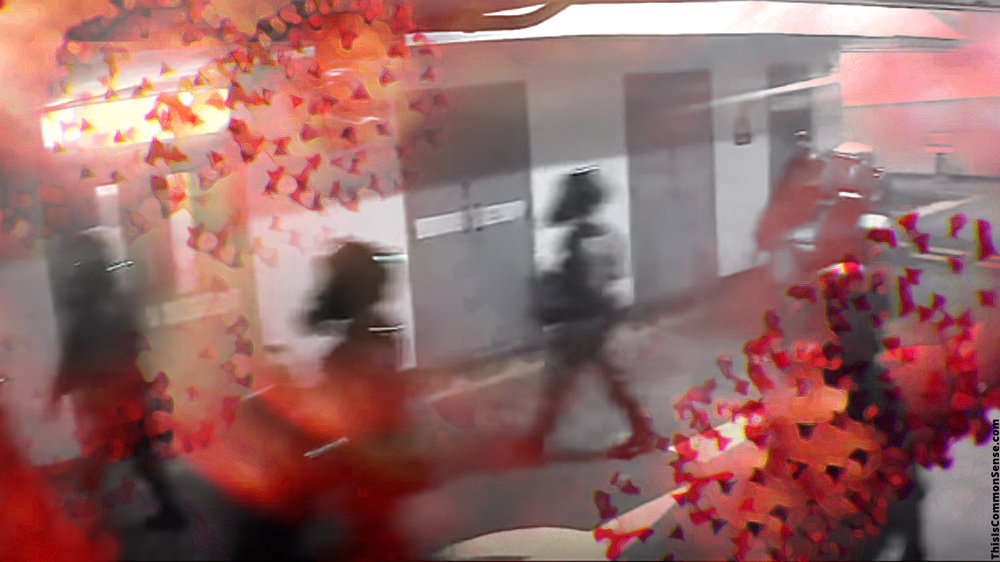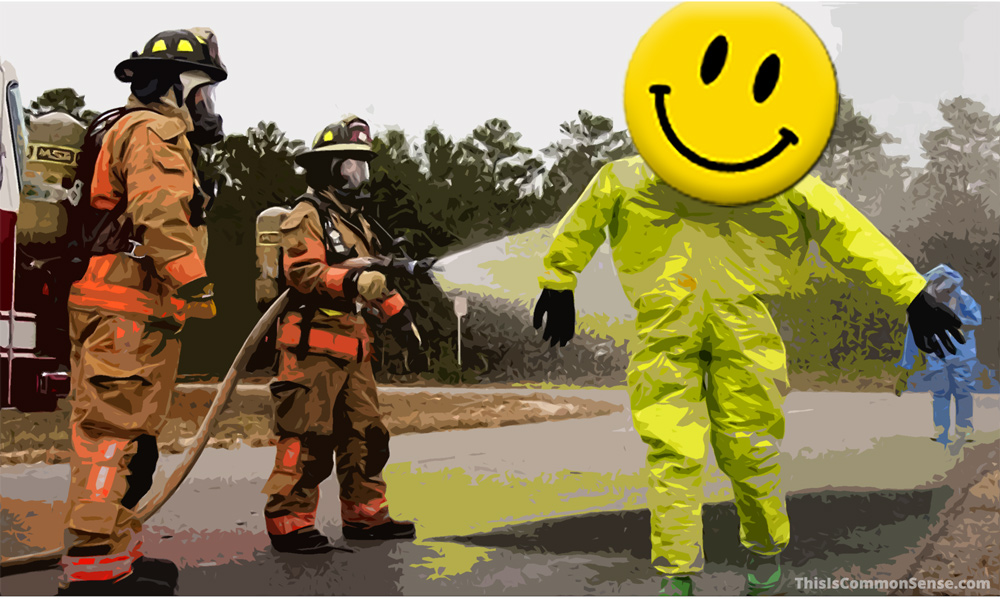“The only thing we have to fear is fear itself.”
Not often do I quote FDR. Strictly speaking, his statement was false then — at the beginning of the decade-plus-long Great Depression that led to WWII.
And it is false now.
There is plenty more to fear than merely fear itself.
But it does point up the importance of not allowing fear to drive our decisions — as individuals, in families, as well as for governments and civil society.
We are facing a worldwide pandemic, something not seen in over 100 years, which we can only hope is not more global or deadly than the so-called Spanish Flu in 1918. This is largely uncharted territory.
Therefore, even when public officials make what turn out to be poor decisions, I plan to be as understanding as possible. This is not aimed at any specific public official or specific accompanying criticism. Instead, let it be a broad policy — though, of course, we must hold corrupt or criminally negligent decisions accountable.
It’s a great time to give each other a break from politics and to foster a spirit of love and connectedness to our neighbors — even [gulp] politicians — replacing the natural fear that will otherwise occupy our thoughts and actions.
During this crisis, I hope that officials at all levels will summon ‘We, the People’ to do what we can as volunteers, whether working sequestered in our homes or in roles outside the home. We are an enormous strength.
And please, oh leaders, fill the information vacuum with daily accurate information — keep Anthony Fauci close to a microphone. And help them, journalists.
Let’s rise to the occasion by getting tough and staying united.
This is Common Sense. I’m Paul Jacob.

—
See all recent commentary
(simplified and organized)






